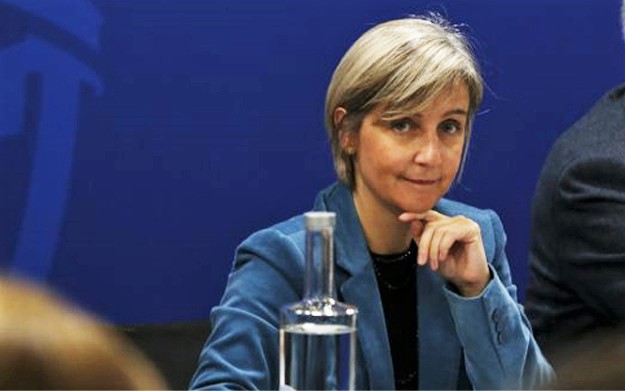The Health Minister appealed, this Saturday, April 11, at the daily press conference, so that regional and local health entities «do not stop sharing information», about data related to Covid-19.
This is a situation that has occurred all over the country – with criticism from mayors – and the Algarve is no exception.
The Regional Health Administration (ARS) even released a daily bulletin, with the distribution of cases by the councils, but stopped doing it for being a “practice that was causing noise” with the Ministry of Health and the General Directorate of Health, as the regional health delegate admitted.
Since then, the only data available, at a regional level, are those from the DGS bulletin, but today minister Marta Temido assured that "there is no prohibition on sharing information" by regional authorities.
"There is, yes, a clear appeal to all entities that make up the Ministry of Health, such as local and regional authorities, to focus on sending timely and consistent information to the national level," he added.
«The DGS is, at this moment, working on a methodology that allows regional entities to also assess what their own informative reports are for the same periods of time», he explained.
The minister even appealed for "regional and local entities not to stop sharing information with the entities with whom they articulate, but that they are concerned that, when they issue bulletins, they are checked by the DGS, alerting and clarifying any discrepancies."
Even so, and despite this appeal, Marta Temido considered that "partial bulletins can cause fragmented analyses."
“What worries us is that information from official sources is reported at the same time – otherwise, we will have natural data divergences that cause disturbance. On the other hand, we are concerned that the granularity of the information could undermine statistical secrecy and this is not acceptable. Finally, we have to bear in mind that some type of information can only be collected by official entities», assumed the governor.
The small size of the data, he said, could also lead to the “violation of statistical secrecy”.
As for the discrepancies between the numbers presented in the DGS bulletin “and the municipality's reality”, Marta Temido explained that “we have been confronted” with this issue.
“I call attention, once again, to the footnote that has been accompanying the table every day – the information presented refers to the total number of clinical notifications in the SINAVE system, corresponding to 78% of confirmed cases”, he said. In other words: it does not include all the data.
In relation to the municipalities with less than three confirmed cases, they do not even appear in this county count.
"When the confirmed cases are less than three, for reasons of confidentiality, they are not presented," explained the official.
“Even though we are all living in times of exception regarding this issue, data protection and research ethics obviously have to be guaranteed. So that we can all be agents of public health, nobody, neither sender nor receiver, can abdicate a huge effort in communication and this communication has to be totally responsible», he concluded.
Help us to do the Sul Informação!
Contribute your donation so that we can continue to make your journal!
Click here to support us (Paypal)
Or use our IBAN PT50 0018 0003 38929600020 44



















Comments